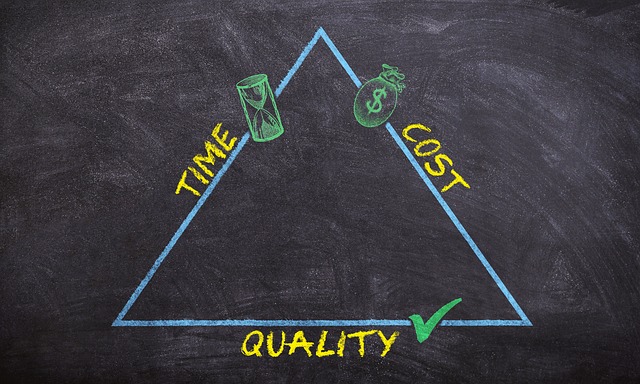Why Overstocked Inventory Is Bad – Avoid These Five Outcomes
Overstocked Inventory
Often times, companies that do not manage their inventory database properly can actually make unnecessary purchases which result in an overstocked inventory. An overstocked inventory can also occur when companies try to avoid stock outs to meet customer demand. It’s clear that storing any excess inventory can be a huge waste of money and can ultimately lead to other supply chain issues.
Ensuring your company has an accurate forecast and an inventory management system can assist with purchases and help you keep appropriate levels of inventory. An overstocked inventory should not be something your company needs to deal with at any time – it may result in the following:
Increased Costs
Because overstocked inventory sits in your warehouse using space that you’re paying for, it depletes money that your business could use in other areas. When these funds are tied up, there is a missed opportunity to purchase and sell other products or materials that are in demand. Overstocked inventory consumes valuable warehouse space, requiring your company to rent additional space elsewhere. This overstocked inventory does not generate cash for the company, so the company may have to borrow money to cover the cost of storage.
Obsolescence
With the fast-paced growth of technology, products are rapidly becoming obsolete. Especially in the electronics market with obsolete components where competition is intense and pricing is competitive. It’s difficult for companies to see their excess inventory sit on a warehouse shelf and become obsolete. It represents time and money wasted on something that is not producing any value. Companies should not dump their inventory if customers demand a change of specifications or a new design, it should be recycled, repurposed or disposed of.
Profitability
Your business could see a reduction in if it’s dealing with large amounts of overstocked inventory. Reduced profits can definitely impact investor confidence, which could also lower share prices. Excess inventory announcements have clearly impacted stock prices and overall profitability. Ultimately, excess inventory needs to be dealt with so that your company’s profits do not drop.
Quality
When there is excess inventory, it could take longer for a company to uncover issues with quality. If a quality issue goes undetected for long, the supplier will continue to manufacture and ship the defective product. When your company uses its materials as soon as possible after purchase, it allows these quality issues to rise to the surface faster, hence giving you adequate time to inform your suppliers prior to shipment.
Decreased Flexibility
Storing excess inventory in your warehouse will increase the time spent on shifting over to newer products. When your company does not have the ability to adjust to market changes and customer demand, it will have a great impact on customers. If your company’s funds are spent on storing excess inventory, it will not have enough funds to purchase items that are more likely to sell faster.
Of course, there is a myriad of solutions for any overstocked inventory problem, large or small. Whether it’s reselling these items, recycling them or disposing of them (not regaining their value). Because this process can be challenging, it’s best to outsource to a vendor that is able to understand how to recover fair market value for your excess materials.
AECI can handle any excess or surplus inventory of products, packaging, equipment, tools and other materials your business produces. Work with us to save money, eliminate waste and clear space in your warehouse for more relevant and sellable materials. Contact us today to learn more about our services.


